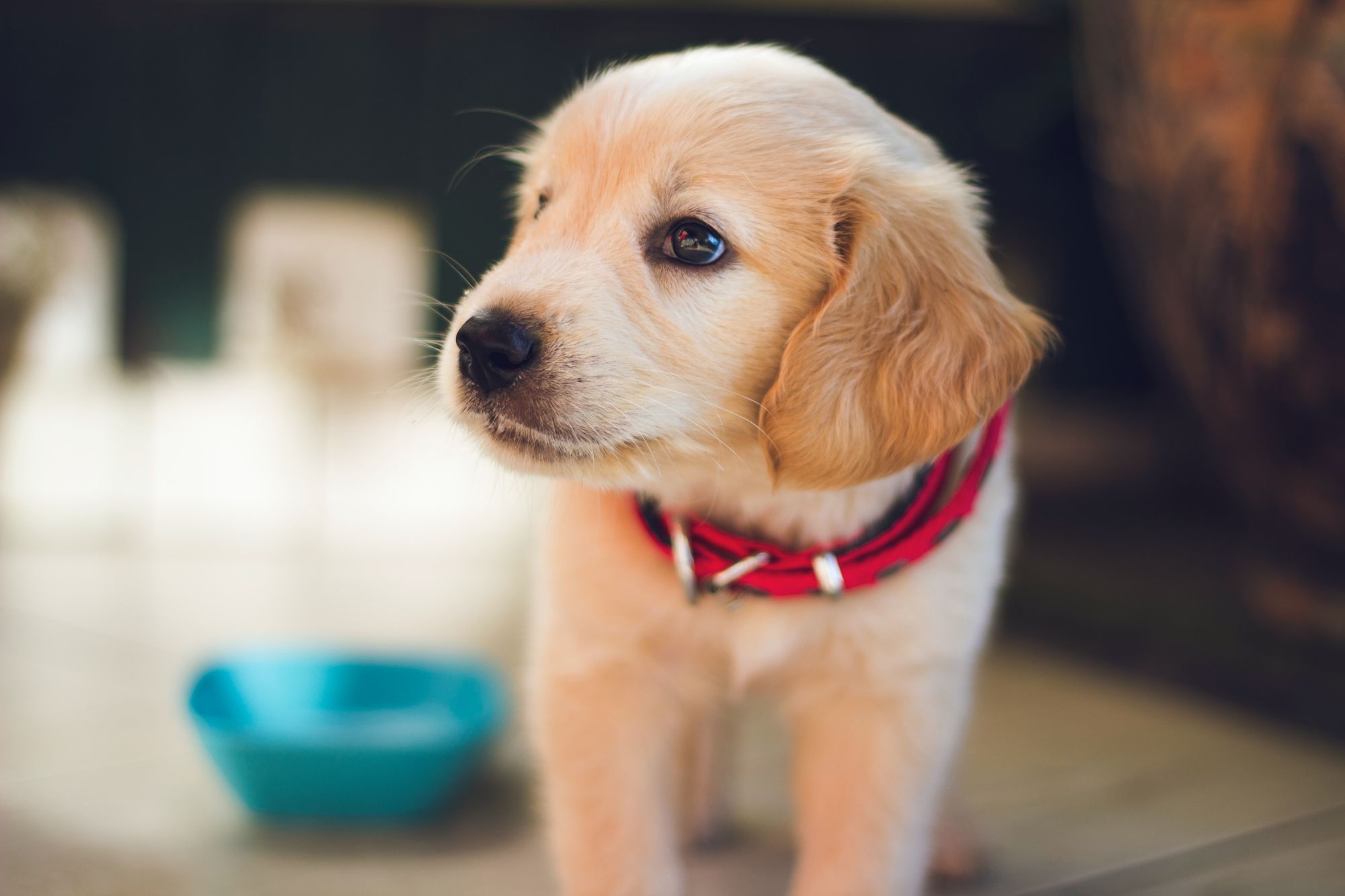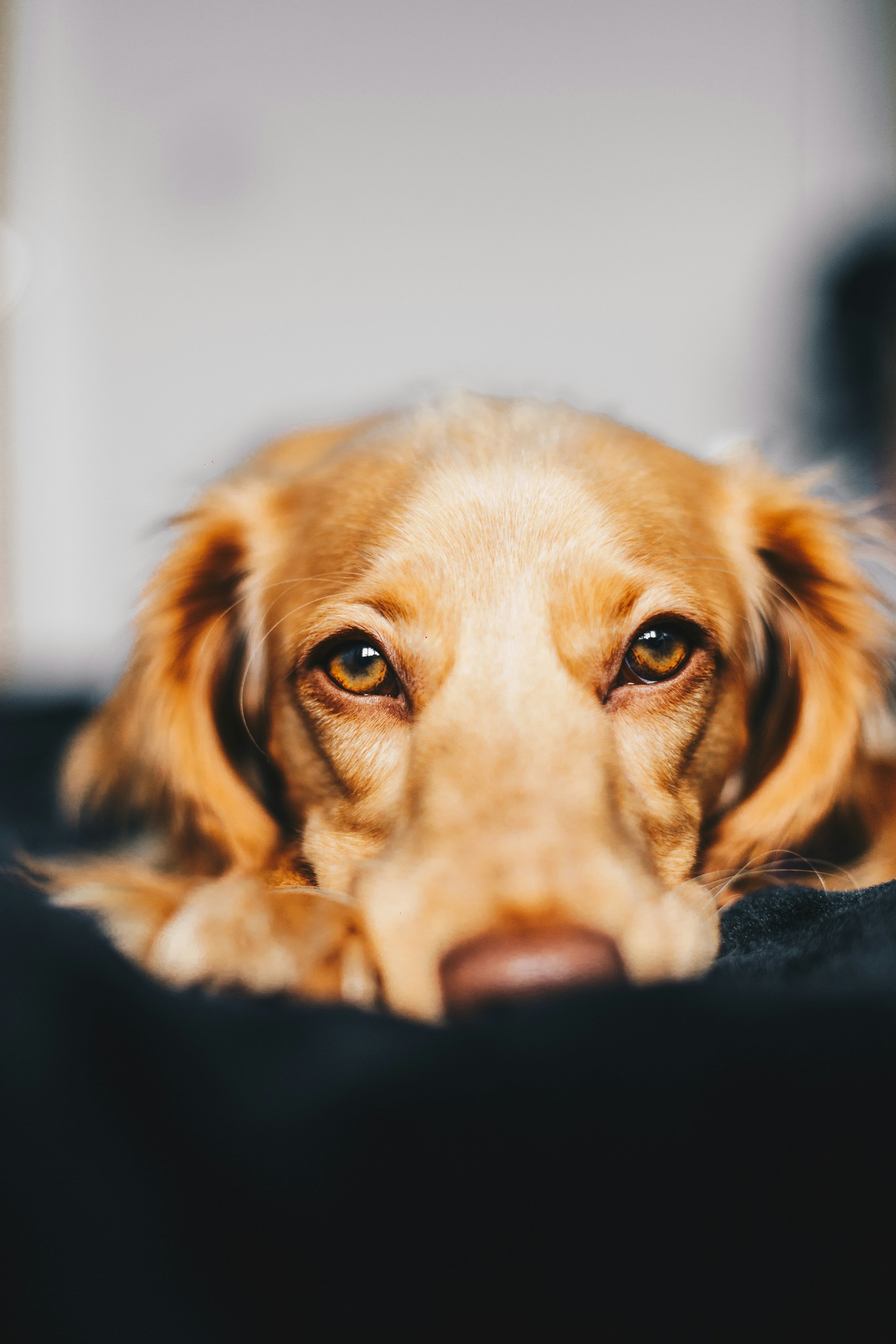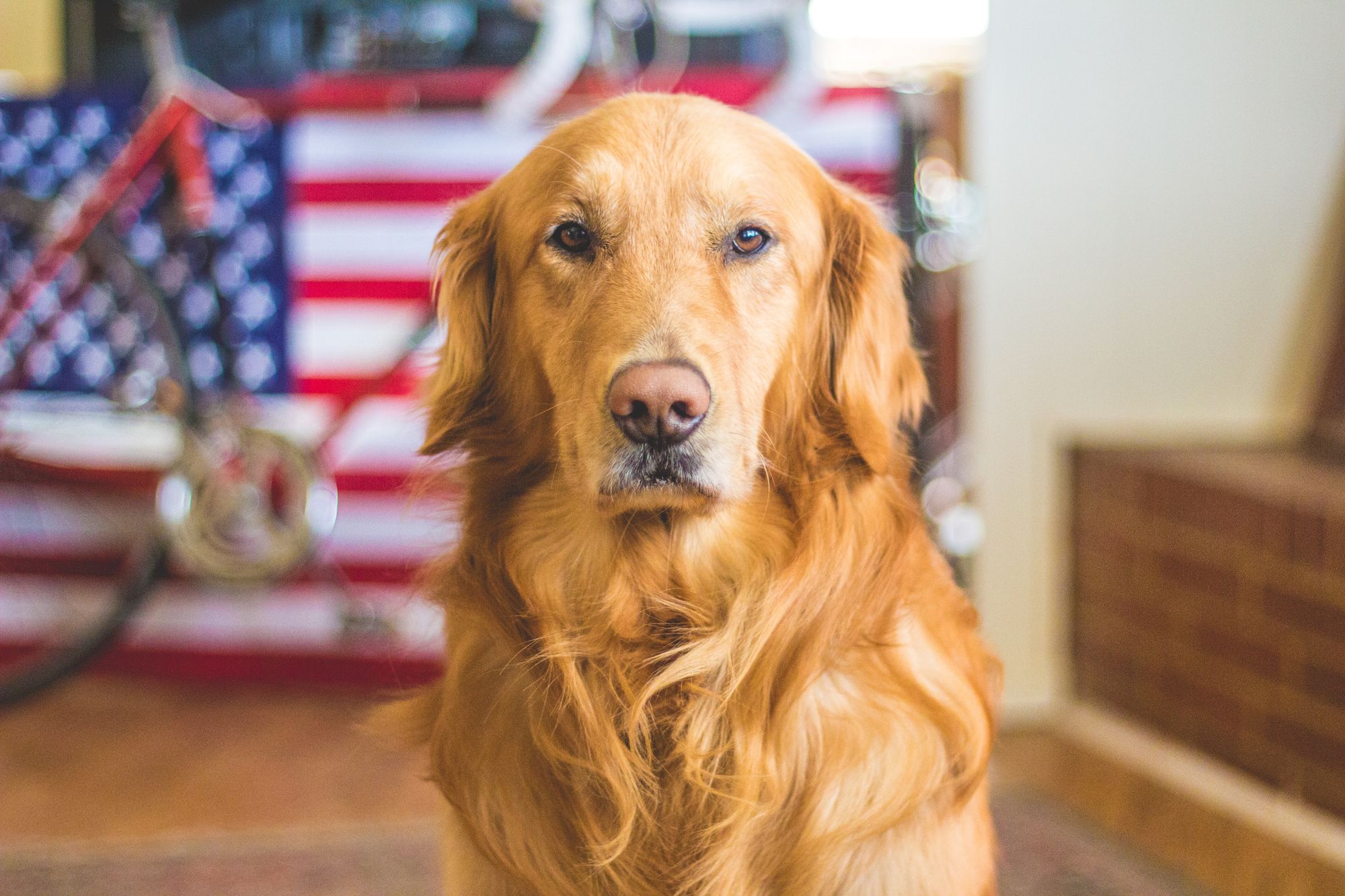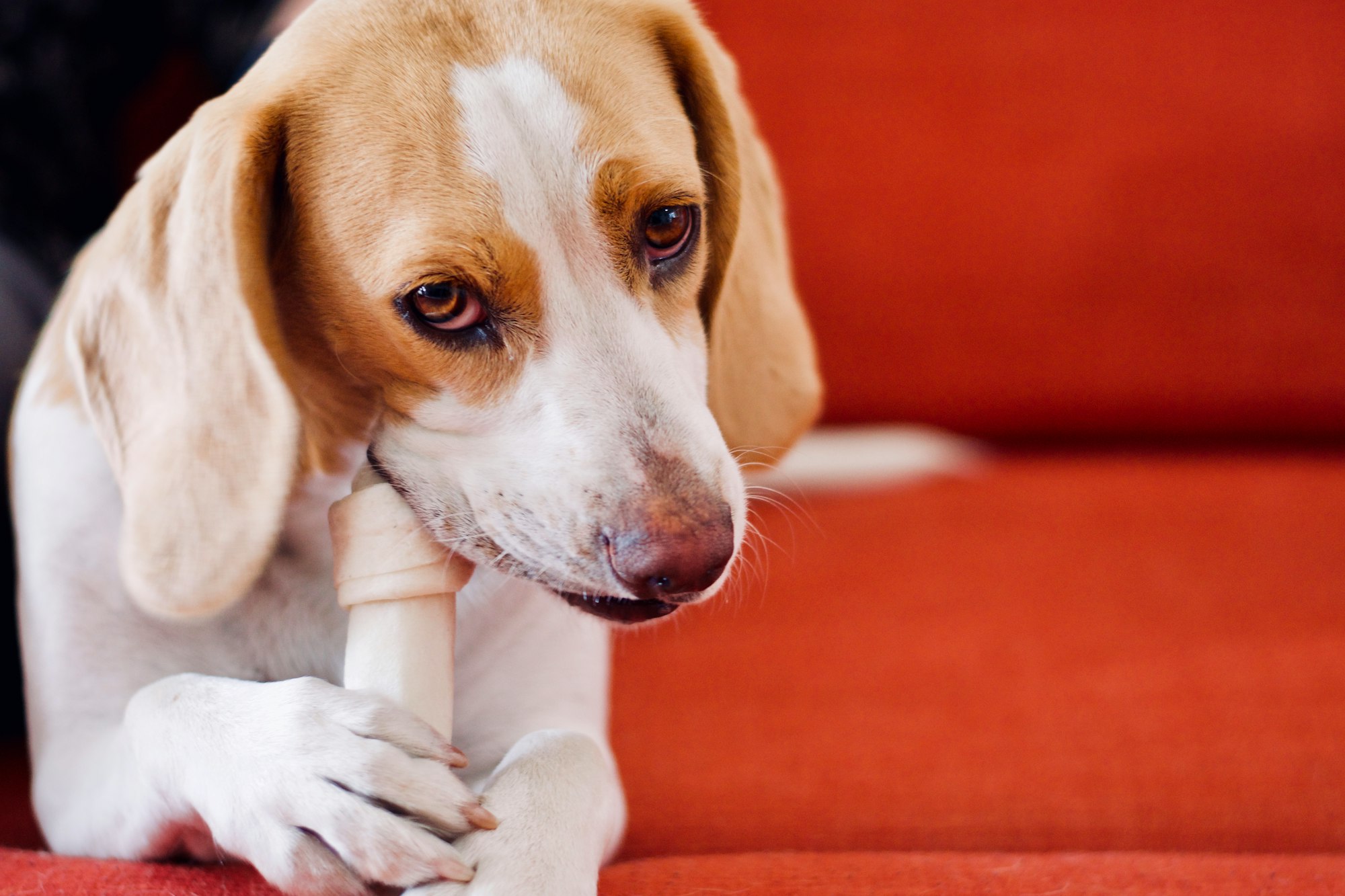
"Ultimate Guide: How to Aid Your Dog's Recovery After Being Lost" is your comprehensive resource for helping your beloved pet return to their normal life after an unfortunate separation. This may be one of the most stressful times for both you and your pet. It's vital to understand how you can help your pet recover after getting lost.
Understanding the Impact on Your Dog
Being lost is stressful for a dog. The unfamiliar surroundings, the lack of known scents, and the absence of their human companions can cause considerable anxiety and fear. This stress doesn't just disappear when they return home. Like humans, dogs need time and support to overcome this traumatic experience.
Post-Lost Care for Dogs
A crucial part of aiding your dog's recovery after being lost is understanding their needs and taking proper care of them.
Once your lost dog has been found, it's essential to take them to a vet for a thorough check-up. Your vet can assess your dog's health and suggest any necessary treatments or medications. Make sure to monitor your dog's eating habits and any changes in behavior, as these can be signs of stress or health issues.
Helping a Lost Dog Recover
There are several strategies you can use to help your dog recover from their lost experience.
Dog Recovery Tips
First, provide a safe and comfortable environment. This can be as simple as providing your dog with a quiet, comforting space where they can relax. Spend quality time with them, cuddle if they allow, and talk softly to reassure them.
Another strategy is to maintain a regular routine for feeding, exercise, and sleep. Dogs thrive on routine, and returning to a familiar pattern can be incredibly soothing.
Dog Emotional Support After Loss
It's equally important to address your dog's emotional needs. Dogs are social animals and rely heavily on their connections with their human families. Reassure them with your presence and shower them with love and affection. This emotional support can help your dog regain their confidence and sense of security.
The Role of Exercise in Recovery
Never underestimate the power of physical activity. Regular walks and playtimes can not only help your dog expend any pent-up energy, but they can also serve as a distraction from their stressful experience.
Dog Health After Getting Lost
Remember, physical and emotional health go hand in hand. Consistent physical activity can help promote a healthy appetite and sleep patterns, which are crucial to your dog's overall health and recovery.
Dealing with Behavioral Changes
It's common for a lost dog to exhibit behavioral changes. They may be more anxious, especially when left alone. They might even display behaviors they had outgrown, like house soiling or chewing on furniture.
Dog Anxiety Post Loss
If you notice your dog exhibiting signs of anxiety, consult with a professional dog trainer or a veterinary behaviorist. They can provide guidance and strategies to manage your dog's anxiety effectively.
Rehabilitation of Lost Dogs
With time, patience, and professional help, most dogs can recover from the trauma of being lost.
The Road to Recovery
The recovery journey is different for every dog, and there's no set timeline. However, with your love and support, your dog can regain their sense of security and return to their joyful selves.
Remember, your dog's recovery is a journey. Just like in the story of the lost dog named Rover who took several months to fully regain his spirit after getting lost during a family picnic. Rover's family showered him with love, maintained a regular routine, and even enlisted the help of a trainer. With time and consistency, Rover was back to his energetic and playful self.

How to Prevent Future Instances
While aiding your dog's recovery, it's also crucial to think about preventing future occurrences. It's said that prevention is better than cure, and this adage is true in the context of dogs getting lost as well.
Using Technology to Keep Track
Consider investing in technology that can help you track your dog if they wander away. GPS trackers that attach to a dog's collar are becoming increasingly popular, and can give you peace of mind knowing that your dog's location is just a few taps away on your smartphone.
Regular Training and Reinforcement
Regular training and reinforcement are also essential. Ensuring your dog knows and responds to basic commands like 'sit', 'stay', 'come', can prevent them from wandering off. Training them to respond to a recall whistle can also be highly beneficial.
Securing Your Property
You should also take measures to secure your property. Ensure your garden or yard has secure, dog-proof fencing. Regularly check for any gaps or escape routes that your dog might exploit.

Remember the case of Bonnie, the adventurous Beagle who kept digging under the backyard fence to explore the neighborhood. Her owners finally managed to stop her escapes by installing a dig-proof fence. They also used positive reinforcement to train her to stay within the property boundaries.
Time, Patience, and Love
Helping your dog recover from the trauma of being lost is no easy feat. It will require time, patience, and a whole lot of love. But, with this ultimate guide and your unwavering dedication, your dog will not only recover but thrive.
Continuing the Healing Process
Aiding your dog's recovery after being lost doesn't end with just addressing immediate physical and emotional needs. The healing process continues long after they've been found and brought back home. Here's what to keep in mind as you both move forward.
Regular Vet Check-ups
It's important to schedule regular vet check-ups, especially after your dog's return. These visits allow the vet to monitor your pet's recovery progress, detect any potential health issues early, and provide the best course of treatment. If your dog was hurt or malnourished while they were lost, these check-ups become even more crucial.
Keep Monitoring Behavior
Keep an eye out for any changes in your dog's behavior. Is your dog sleeping more than usual? Have they become unusually aggressive or withdrawn? These could be signs of underlying issues that need professional attention.
Remember Max, the Golden Retriever who began to display severe separation anxiety after his ordeal of being lost for a week. His humans initially thought he'd get over it, but when the problem persisted, they sought professional help. Behavioral therapy helped Max regain his old self over time.
Gradual Re-socialization
Re-socialization can be another important step in your dog's recovery. When they're ready, slowly reintroduce them to the outside world. Take them to your local park or on short car rides, slowly increasing the distance as they become more comfortable. Gradual re-socialization can help your dog regain their confidence and enjoy their environment as they once did.
The Role of Diet and Nutrition
Diet and nutrition also play a crucial role in your dog's recovery. A balanced diet rich in essential nutrients can boost their immune system, help heal any physical injuries, and improve their overall wellbeing. Consult with your vet about the best diet for your dog during this recovery period.
A Focus on Hydration
Just as important as a healthy diet is keeping your dog hydrated. Dehydration can worsen health conditions and stress levels. Make sure fresh water is always available, especially after exercise or on hot days.
Strengthening Your Bond
Use this recovery period as an opportunity to strengthen your bond with your dog. Spend quality time together. Play games, groom them, or simply relax together. Your presence and attention can do wonders in helping your dog feel secure and loved.
The Joy of the Little Victories
As you follow this "Ultimate Guide: How to Aid Your Dog's Recovery After Being Lost," don't forget to celebrate the small victories along the way. Maybe your dog wagged their tail for the first time since they returned, or they completed a walk around the block without showing signs of fear. These small steps are signs of progress and deserve to be celebrated.
A Lifelong Journey
In conclusion, aiding your dog's recovery after they've been lost is not a one-time effort. It's a lifelong journey filled with compassion, patience, and lots of love. Always remember, you're not alone in this journey. Your dog's resilience, combined with your dedication, can conquer any obstacle that comes your way. The bond you share is unbreakable and it's this connection that will guide you both through the path to recovery and beyond.

Maintaining Your Dog’s Health Post-Recovery
Once your dog has made a significant recovery, it's crucial to maintain their health and keep a close eye on them.
Regular Exercise and Play
Keep them physically active by sticking to a regular exercise routine. Activities such as walks, runs, or playtime in the backyard not only provide physical stimulation but also mental engagement. Games that stimulate their mind can be particularly helpful in maintaining their overall wellbeing.
Mental Stimulation and Enrichment
Try using puzzle toys or teach your dog new tricks to keep their mind active and engaged. Remember, mental stimulation is as important as physical exercise in keeping your dog healthy and happy.
Consistent Routines
Consistency and routine can provide a sense of security for your dog. Try to keep feeding, exercise, and sleep times consistent. This predictability can significantly help reduce stress in your dog.
Providing a Safe and Secure Home Environment
Creating a safe and secure environment is key to your dog's recovery and long-term wellbeing. This means removing potential hazards in your home and ensuring your dog cannot escape and get lost again.
Dog-Proofing Your Home
To dog-proof your home, ensure all exits are secure. Check your fences for any gaps or weak spots. Inside the house, make sure there's nothing harmful your dog can accidentally ingest or get hurt by.
Safe Spaces
Create a 'safe space' for your dog. This could be a particular room, a dog bed, or even a crate. This space should be a place where they feel comfortable and can retreat to when they're feeling anxious or scared.
Long-Term Health Checks
Just as humans require regular health check-ups, so do dogs. Regular vet visits can help monitor your dog's health, spot potential issues early, and ensure they're on the right track in their recovery journey.
The Power of Patience and Love
Patience and love are the most powerful tools you have to help your dog recover after being lost. It's important to remember that recovery doesn't happen overnight. But with your consistent efforts, your dog can return to their happy, playful self.
Like Daisy, the Dachshund, who was lost for two months before being found. Her owners used strategies like the ones outlined in this guide to aid her recovery. With patience and love, they were able to nurse Daisy back to health and help her overcome her traumatic experience. Today, Daisy is a joyful and healthy dog, thanks to her owners' persistent efforts.
Implementing Safety Measures with Fi
As we've discussed throughout this guide, prevention is a critical part of your strategy when it comes to your dog's safety. Implementing measures that keep your dog safe and secure can help avoid the distressing experience of having them get lost.
One of the most effective tools for ensuring your dog's safety is a good quality, reliable dog collar. And when it comes to dog collars, Fi stands head and shoulders above the rest.

Why Choose Fi Dog Collars?
Fi dog collars are more than just ordinary dog collars. They are designed with both the dog's comfort and owner's peace of mind at the forefront.
Cutting-Edge Technology
Fi dog collars are equipped with cutting-edge GPS technology. This feature enables you to track your dog's location directly from your smartphone, anytime, anywhere. You can set up 'safe zones' and receive alerts if your dog steps out of these predefined areas. This level of control and awareness significantly reduces the chances of your dog getting lost.
Durable and Comfortable
Fi dog collars are also crafted for comfort and durability. They are designed with materials that can withstand even the most active dogs' rough and tumble play, without compromising on comfort. Your dog can wear the Fi collar every day, ensuring they are always protected.
Long Battery Life
One of the standout features of Fi dog collars is their exceptional battery life. Unlike other GPS dog collars that need to be charged daily, the Fi collar has a battery that lasts up to three months on a single charge. This ensures that your dog remains protected around the clock, without any breaks.
A Community of Support
When you choose Fi, you're not just getting a dog collar; you're joining a community. Fi has a network of dog owners who share real-time alerts about lost dogs. If your dog ever gets lost, you'll have a supportive community helping you search.
Conclusion
In this "Ultimate Guide: How to Aid Your Dog's Recovery After Being Lost," we've covered an extensive range of strategies for helping your furry friend return to their happy, healthy self following a distressing separation. From immediate post-lost care to preventive measures, each step is crucial in your dog's wellbeing journey.
Incorporating a Fi collar into your dog's routine can provide an added layer of security and give you peace of mind. With Fi, you're choosing more than a dog collar; you're investing in your dog's safety and your peace of mind.
Every dog's recovery journey is unique, but with love, understanding, and the right tools, like the Fi collar, you can help your dog navigate this challenging time. Together, you'll come out stronger on the other side, with a bond that's even more unbreakable.
So equip your dog with the best. Choose Fi – because their safety is worth it.

